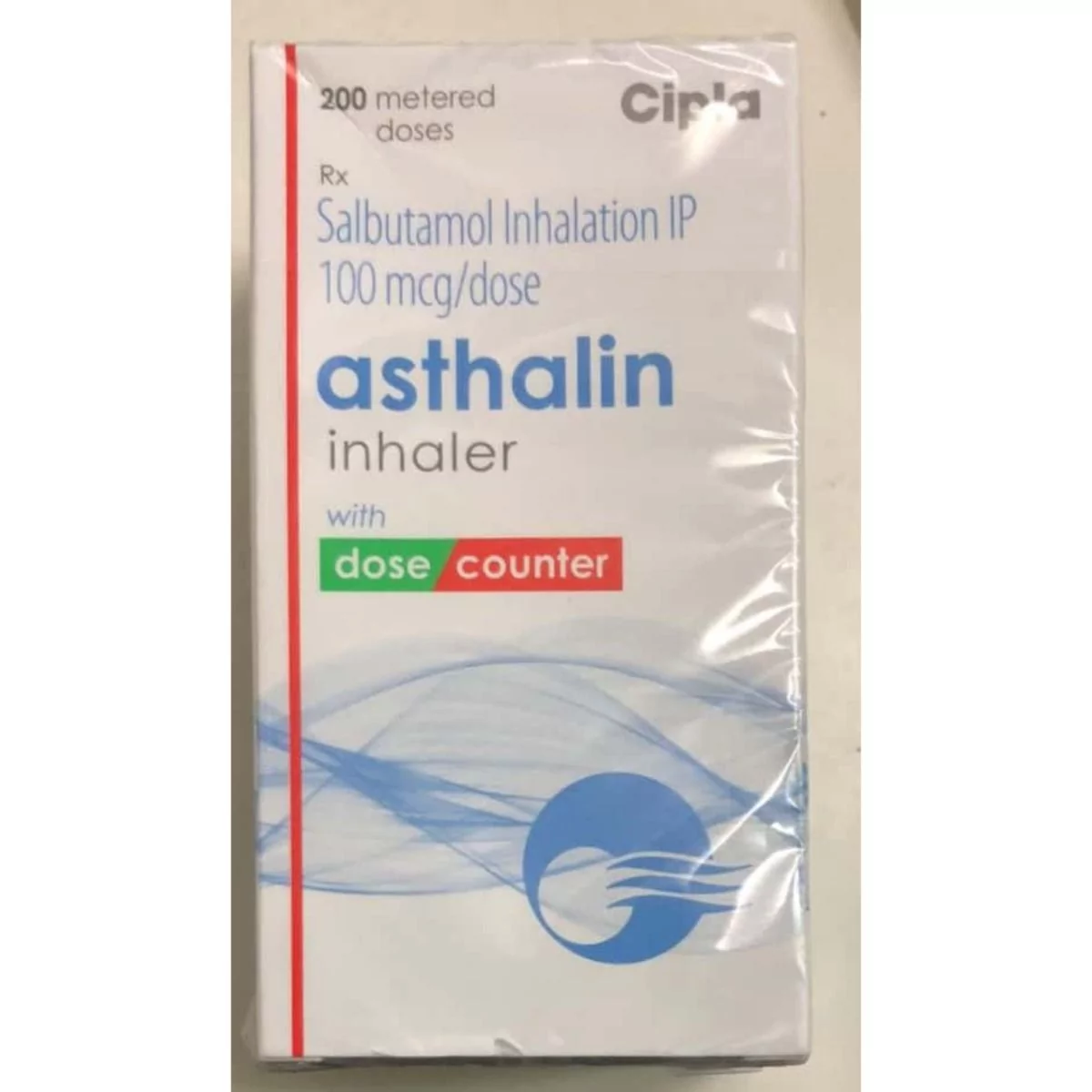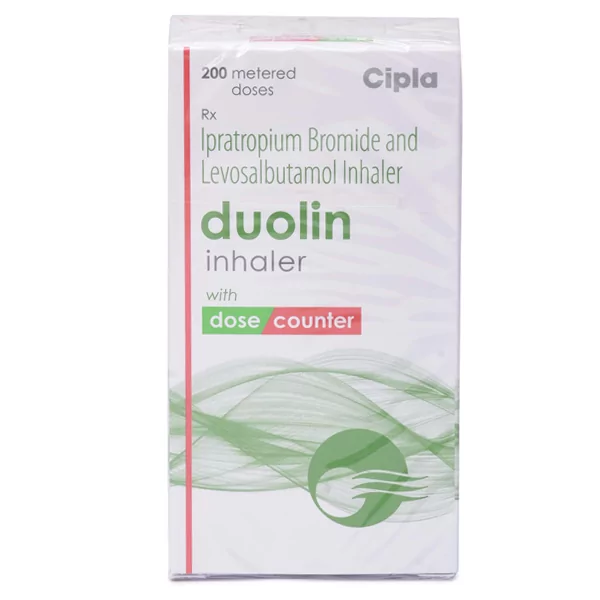Asthma is a long-term problem that affects the lungs. It is not just a common cough or cold that goes away in a few days. Instead, it is a serious respiratory problem that needs proper attention and care.
When Asthma symptoms are not managed on time, they can interrupt daily life, affect sleep, and even lead to medical emergencies. That is why it is important to understand the symptoms of Asthma in a clear and simple way.
This article explains the early and advanced signs of Asthma, how these symptoms feel, and what triggers them. Recognizing Asthma symptoms early can help manage the condition better and reduce the risk of severe attacks.
Common Asthma symptoms
Asthma is a condition in which the airways in the lungs become swollen, narrow, and filled with mucus, making it hard to breathe. It affects people of all ages, from children to older adults.
Asthma symptoms can be different for every person. Some people may experience them daily, while others may have them only during certain seasons or after physical activity.
Below are the most common signs to watch out for:
Save up to 90% on your medicine bills

Asthalin 100 mcg Inhaler

Aerocort Inhaler 50 mcg + 50 mcg

Duolin Inhaler 50 mcg + 20 mcg

Asthalin HFA Inhaler 100 mcg (200 mdi)
Shortness of breath
One of the key symptoms of Asthma is shortness of breath. It may feel like you cannot get enough air into your lungs, especially after exercise or when exposed to triggers. This breathlessness can come on suddenly or build up over time.
Wheezing
Wheezing is a whistling sound that is high-pitched, and occurs when breathing, especially while exhaling. It is caused by narrowed airways and is a common sign during an Asthma attack. Not everyone with Asthma wheezes, but it is a noticeable symptom when present.
Chest tightness or pain
People with Asthma often have a feeling of tightness in the chest. It may feel like someone is pressing down on your chest or wrapping it tightly. Some may also feel pain, especially during an Asthma flare-up.
Frequent coughing
Coughing is a very common Asthma symptom. It often worsens at night or early in the morning. In some cases, it might be the only symptom. This type of coughing is usually dry and does not produce much mucus.
Trouble sleeping due to breathing problems
Asthma symptoms often get worse at night. People may wake up frequently because of coughing, wheezing, or trouble breathing. Poor sleep due to Asthma can affect daily energy levels and mood.
Less common but important symptoms
Apart from the main symptoms, some people may also experience the following:
Fatigue or feeling tired all the time
When your body struggles to get enough oxygen due to breathing problems, you may feel unusually tired. If you feel tired often without any clear reason, Asthma could be one of the causes.
Rapid breathing
Breathing faster than usual, even while resting, is another sign that your body is trying to get more oxygen. This can happen during or just before an Asthma attack.
Difficulty talking
During a severe Asthma attack, some people may find it hard to speak in full sentences. This happens because they are using most of their energy to breathe.
Childhood Asthma symptoms

Recognizing Asthma symptoms in children can be tricky, especially when they are too young to describe how they feel. Here are some early symptoms of Asthma to look out for in kids:
- Frequent coughing, especially at night
- Trouble breathing while playing or running
- Less interest in physical activities
- Tiredness or fatigue
- Trouble sleeping due to cough or wheezing
- Fast breathing or using the stomach muscles to breathe
If your child often coughs after laughing, crying, or running, it could be a sign of Asthma. It is important to speak with a doctor if these symptoms continue.
When do symptoms get worse?
Asthma symptoms can worsen at certain times. These periods are known as Asthma attacks or flare-ups. Common Asthma attack symptoms include:
- Needing to use your inhaler more often
- Breathing becoming harder and faster
- Coughing, wheezing, or shortness of breath increasing suddenly
- Lips or fingers turning blue (in extreme cases)
If you notice any of these signs, it is important to get medical help right away. Severe Asthma attacks can be life-threatening in case not treated in time.
Managing symptoms
While Asthma cannot be fully cured, its symptoms can be controlled with the right Asthma treatment. Some key steps include:
Medication: There are two main types of medicine for Asthma:
- Quick-relief inhalers are used during an attack to open airways quickly.
- Long-term control medicines are taken daily to prevent symptoms.
Always use your Asthma medicine as prescribed. Do not stop or change the dose without talking to your doctor.
Avoid triggers: Keep your home clean and free of dust. Avoid pets if you are allergic. Use a mask if you need to step out on a polluted day.
Follow an Asthma action plan: Work with your doctor to make a step-by-step plan that includes:
- Daily treatment
- What to do if symptoms start
- When to seek emergency help
Regular check-ups: Asthma needs ongoing care. Visit your doctor regularly, even if you feel fine. This helps track your condition and adjust treatment if needed.
Also, avoid smoking as it can worsen Asthma over time.
Conclusion
Understanding the symptoms of Asthma is not just about knowing the signs, and it’s about taking timely action to prevent complications. From shortness of breath and wheezing to unexplained fatigue and nighttime coughing, each of these Asthma symptoms offers an important clue about your lung health.
When these signs are identified early and managed well, Asthma does not have to interfere with your daily life.
Whether you or a loved one is dealing with Asthma, paying attention to even the mildest symptoms can make a big difference. Proper medication, regular check-ups, and avoiding triggers are essential parts of Asthma care. Following a personalized Asthma action plan and staying informed can help reduce the frequency and severity of flare-ups.
Asthma is a long-term condition, but with the right approach, it can be controlled. Stay alert, act early, and work closely with your doctor to breathe easier and live healthier.
Frequently Asked Questions
Can Asthma go away on its own?
No, although in some children, Asthma symptoms may reduce or disappear with age, especially if the condition was mild. However, many people continue to experience symptoms into adulthood. Even if symptoms fade, Asthma can return later, so ongoing monitoring and management remain important throughout life.
Does coffee help Asthma symptoms?
Yes, to some extent. Coffee contains caffeine, which has a mild bronchodilator effect, it can help open up the airways and make breathing slightly easier for a short period. However, coffee is not a substitute for Asthma medication. It may offer temporary relief, but should not replace prescribed treatment.
Can acid reflux cause Asthma like symptoms?
Yes, acid reflux can trigger Asthma-like symptoms such as coughing, wheezing, and shortness of breath. Stomach acid can irritate the airways when it flows back up the esophagus. This is called reflux-induced Asthma.
Is gagging a symptom of Asthma?
No, gagging is not a classic Asthma symptom, but it can occur in some people, especially during severe coughing fits or when mucus blocks the airways. Children may also gag if they’re struggling to breathe. If gagging is frequent or severe, it is important to seek medical evaluation for an accurate diagnosis.
Cheap Medicine Shop only refers to credible, authoritative sources for our content. If you’re curious about how we ensure the integrity of our content, we encourage you to read our Content Information Policy.














